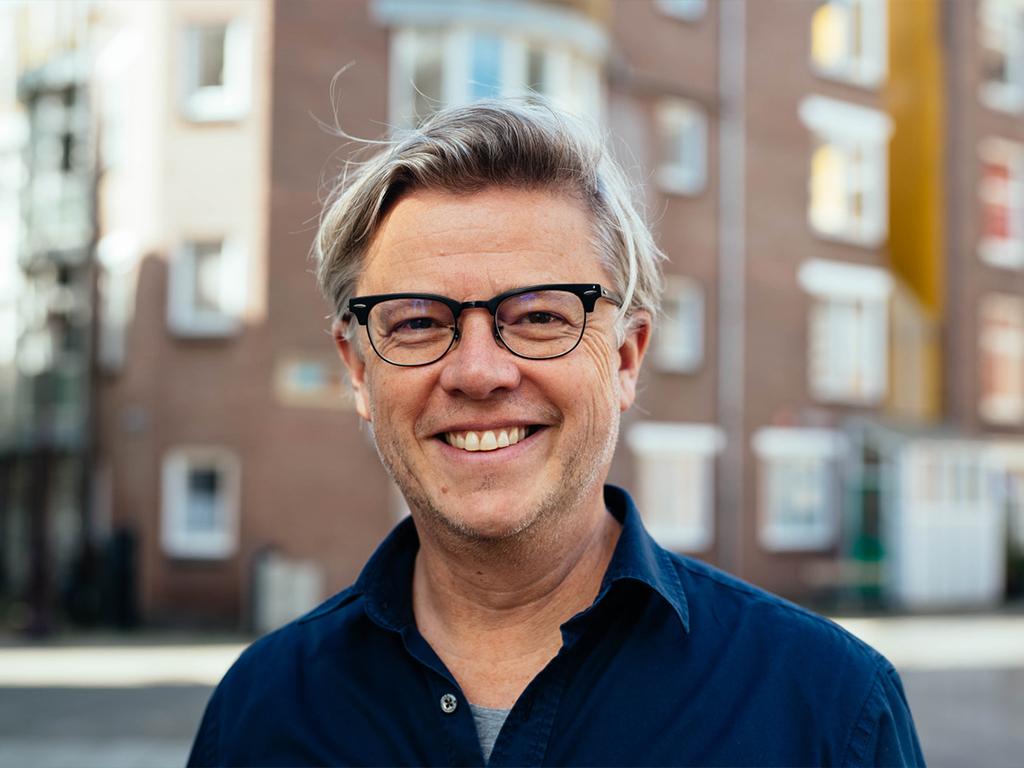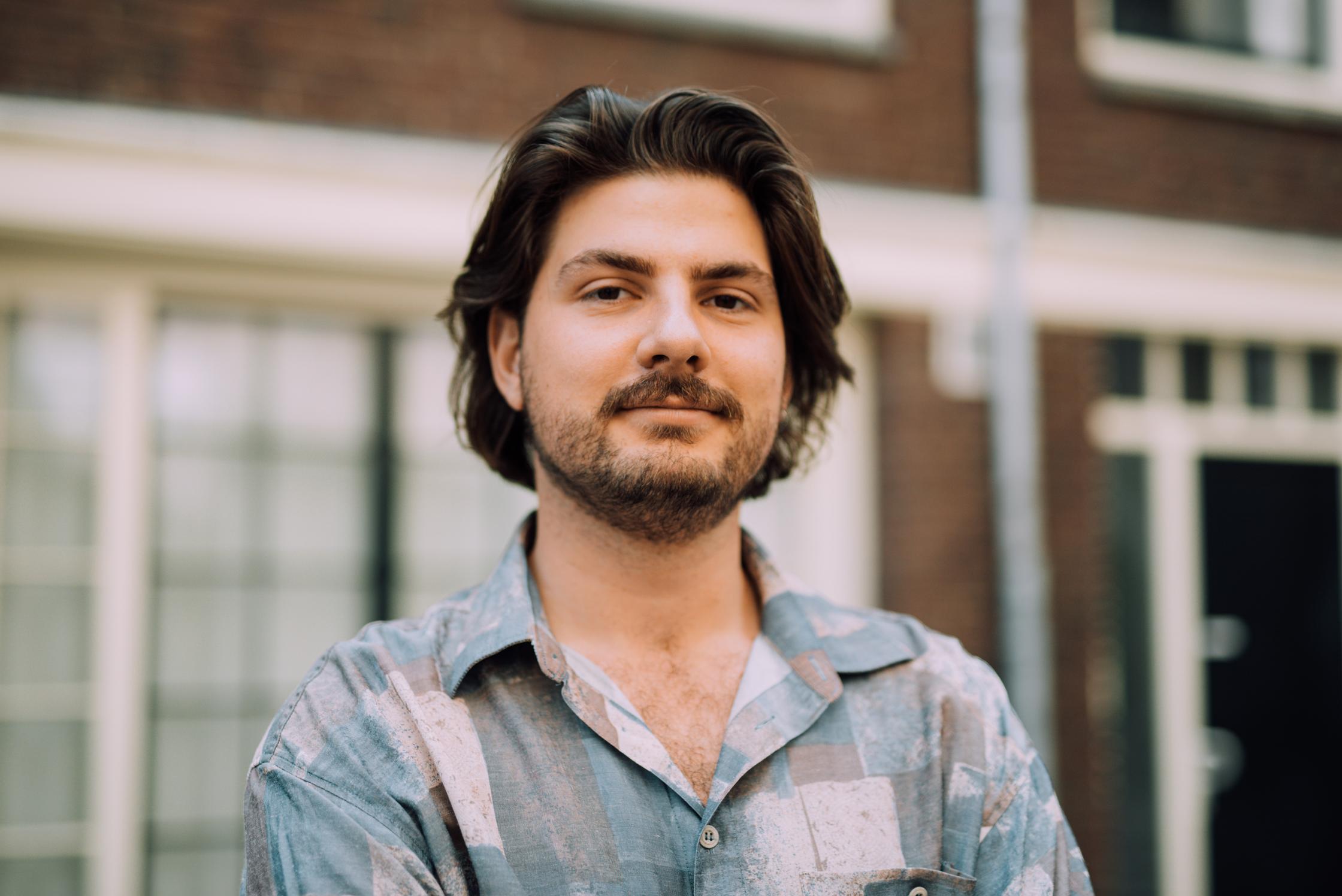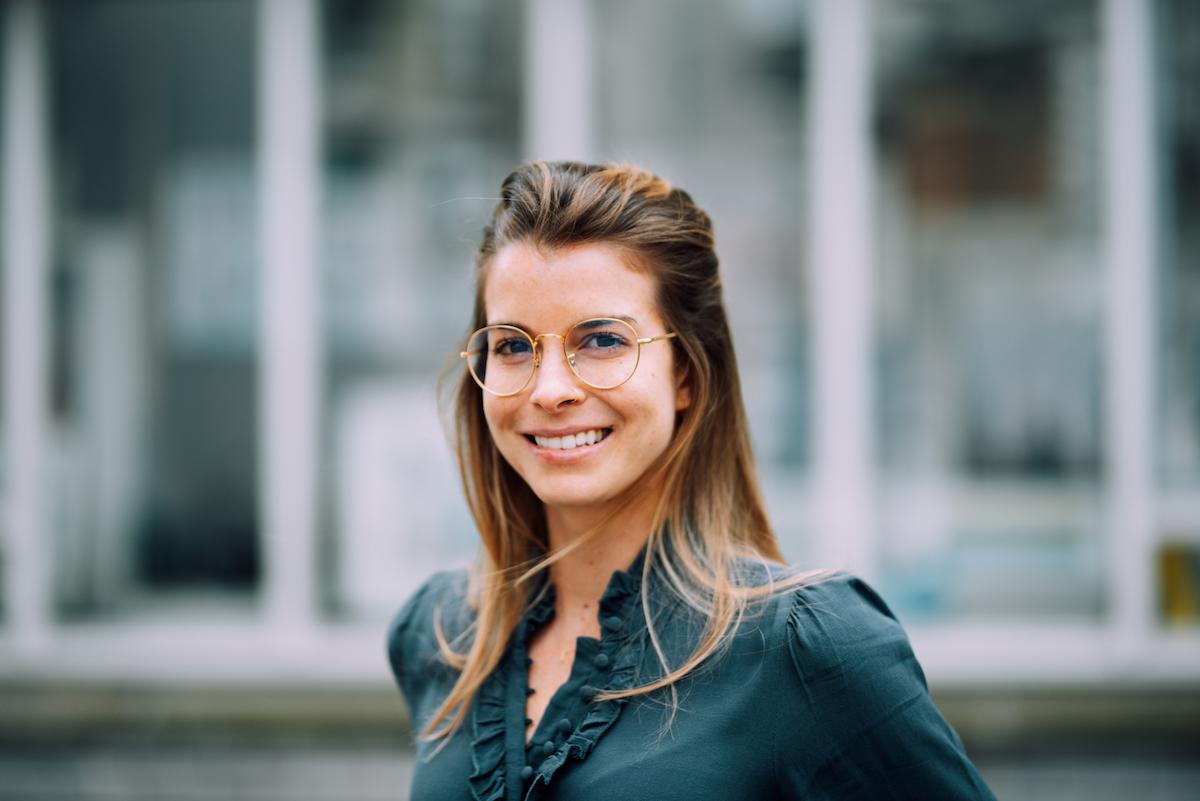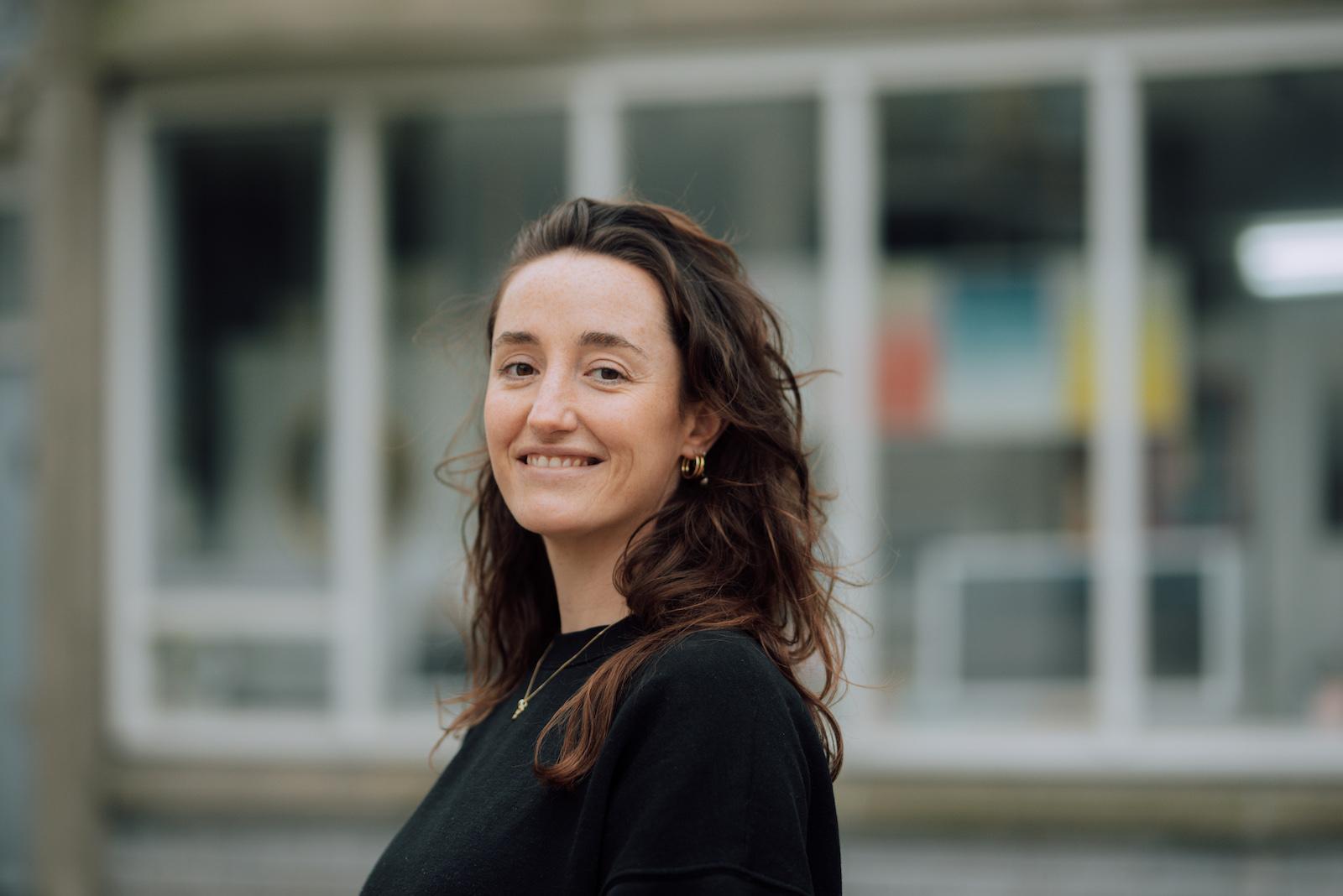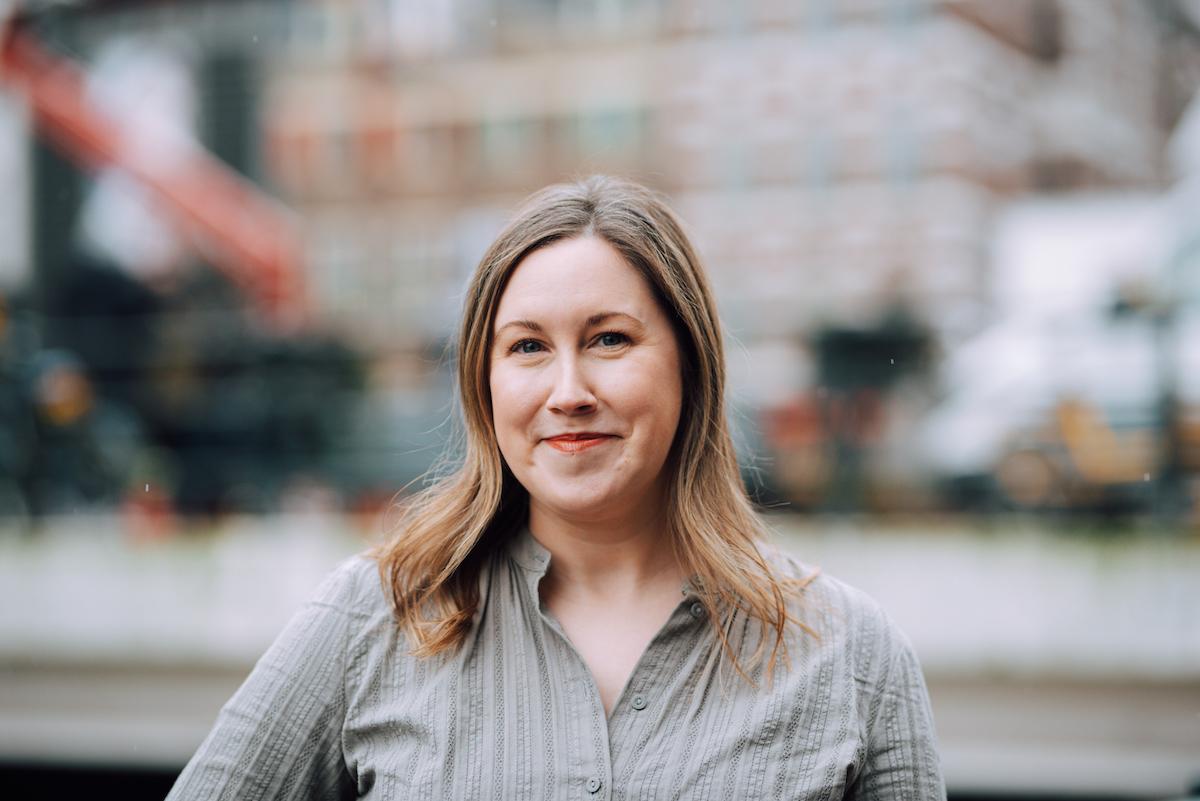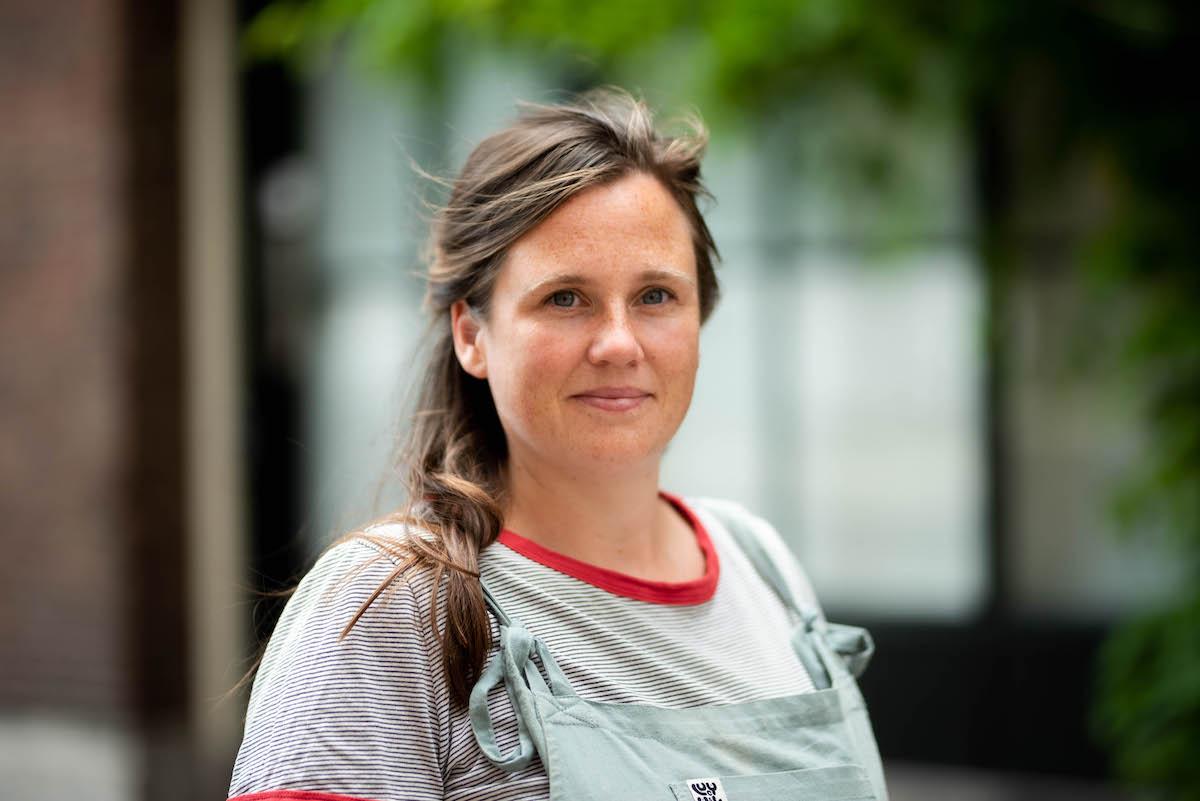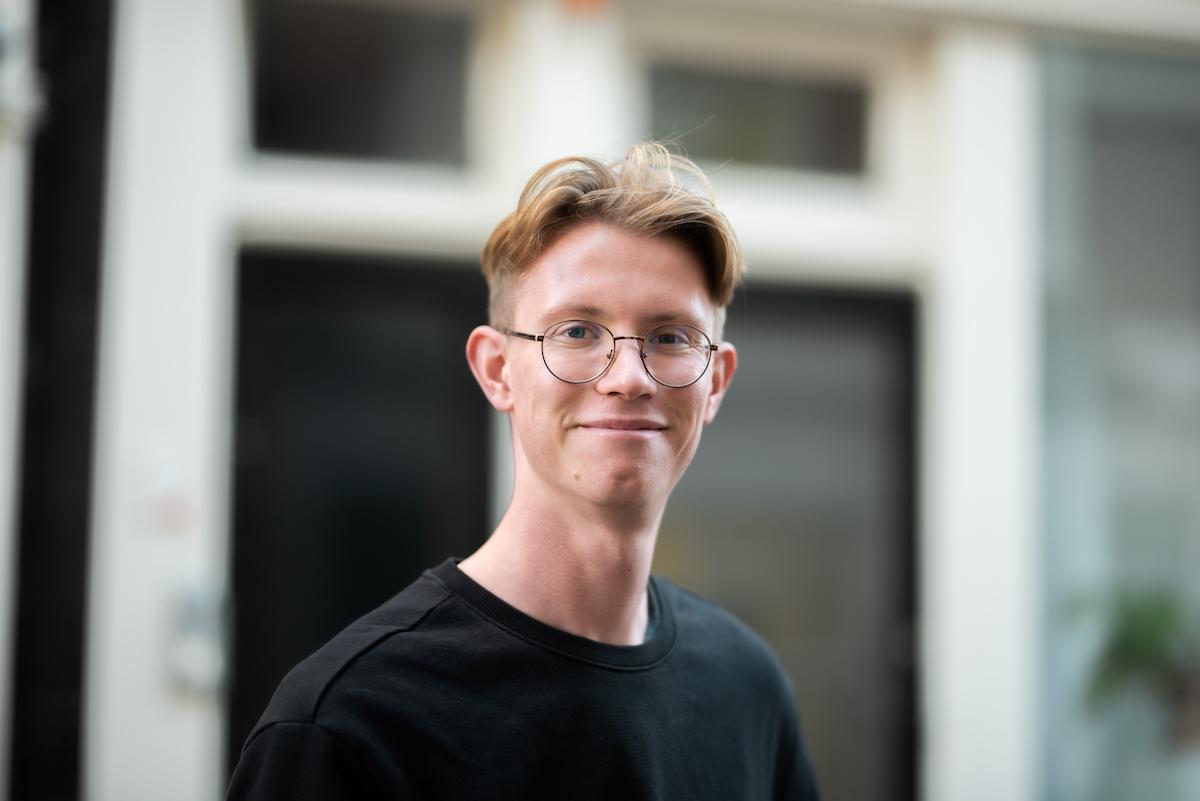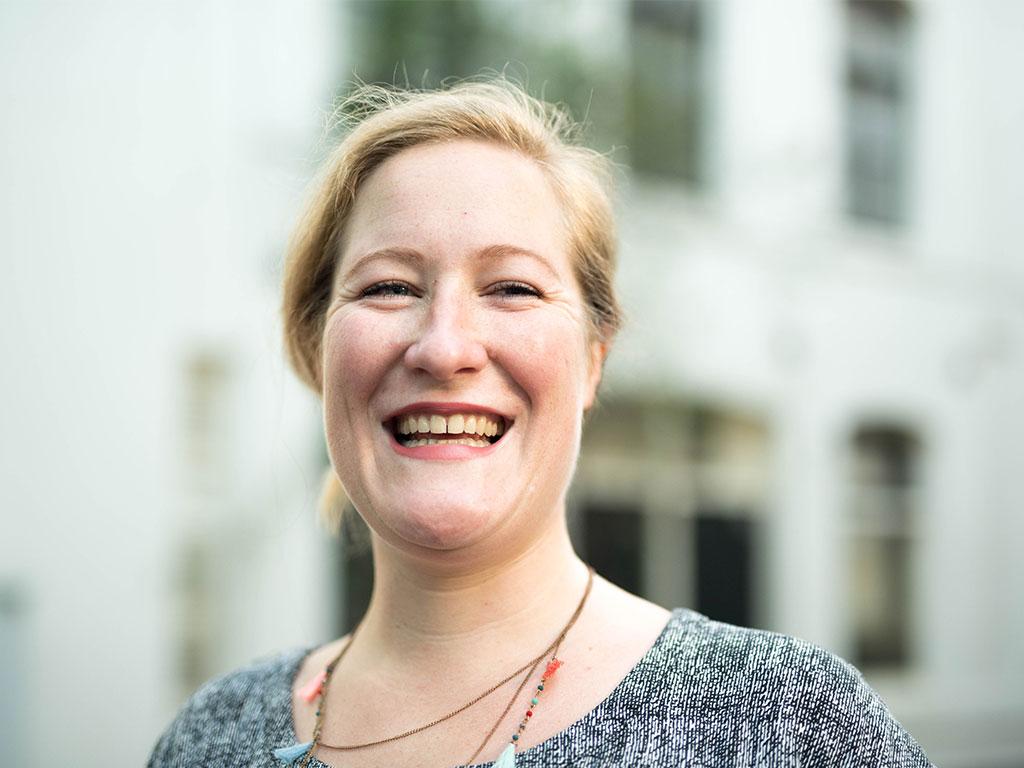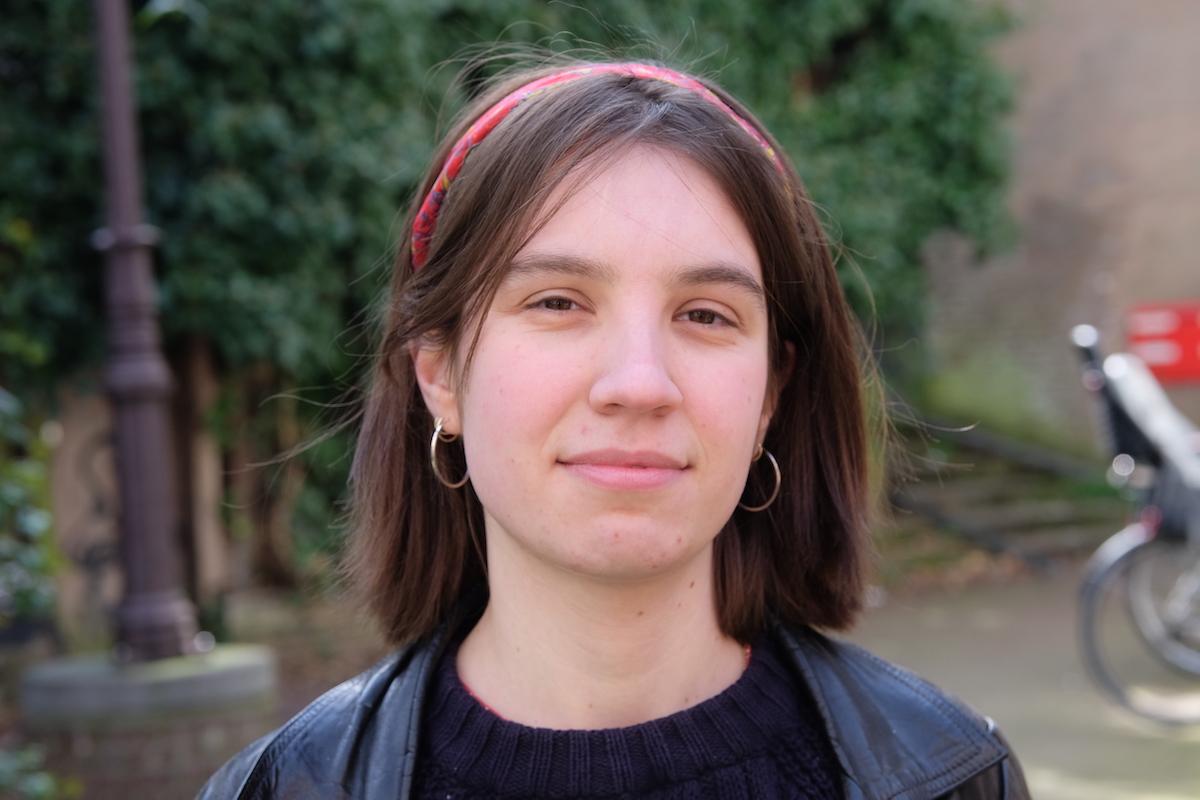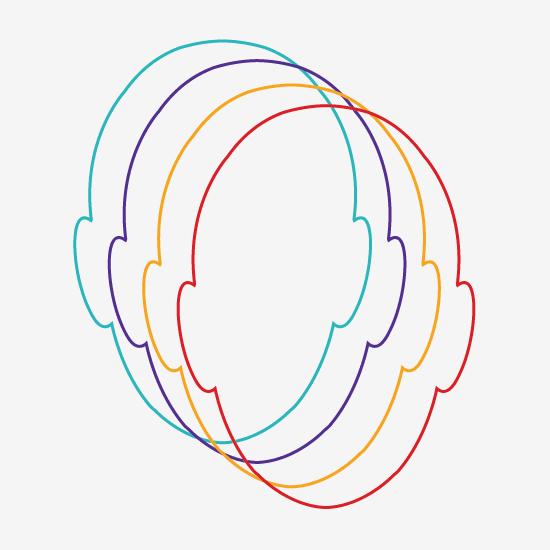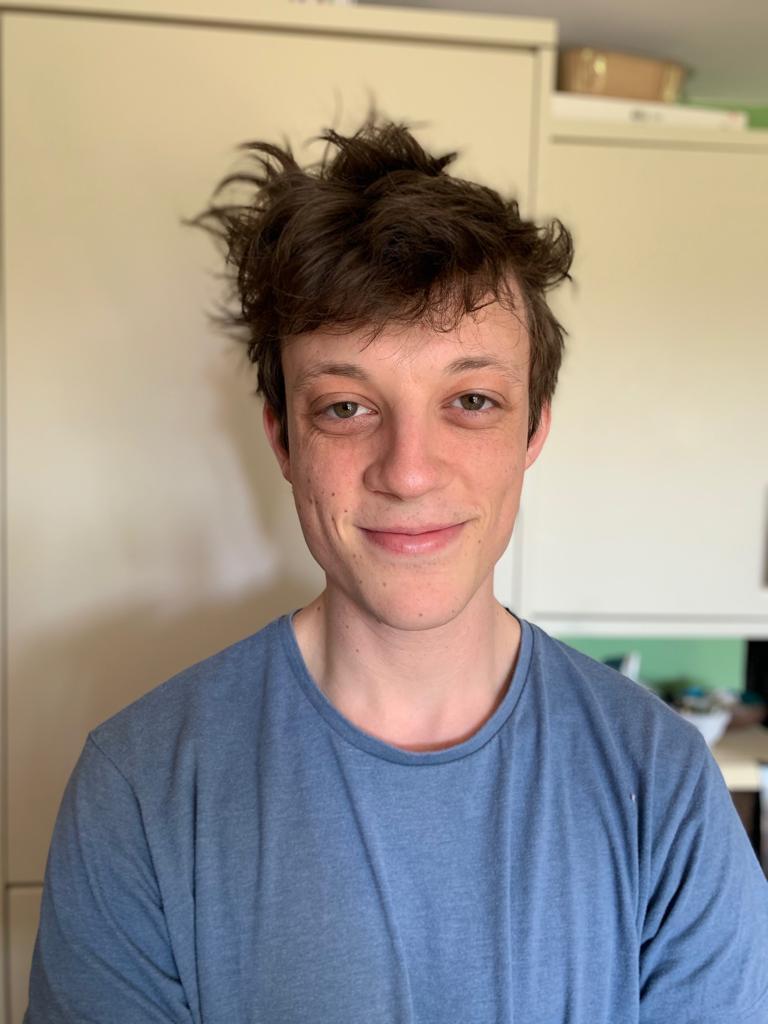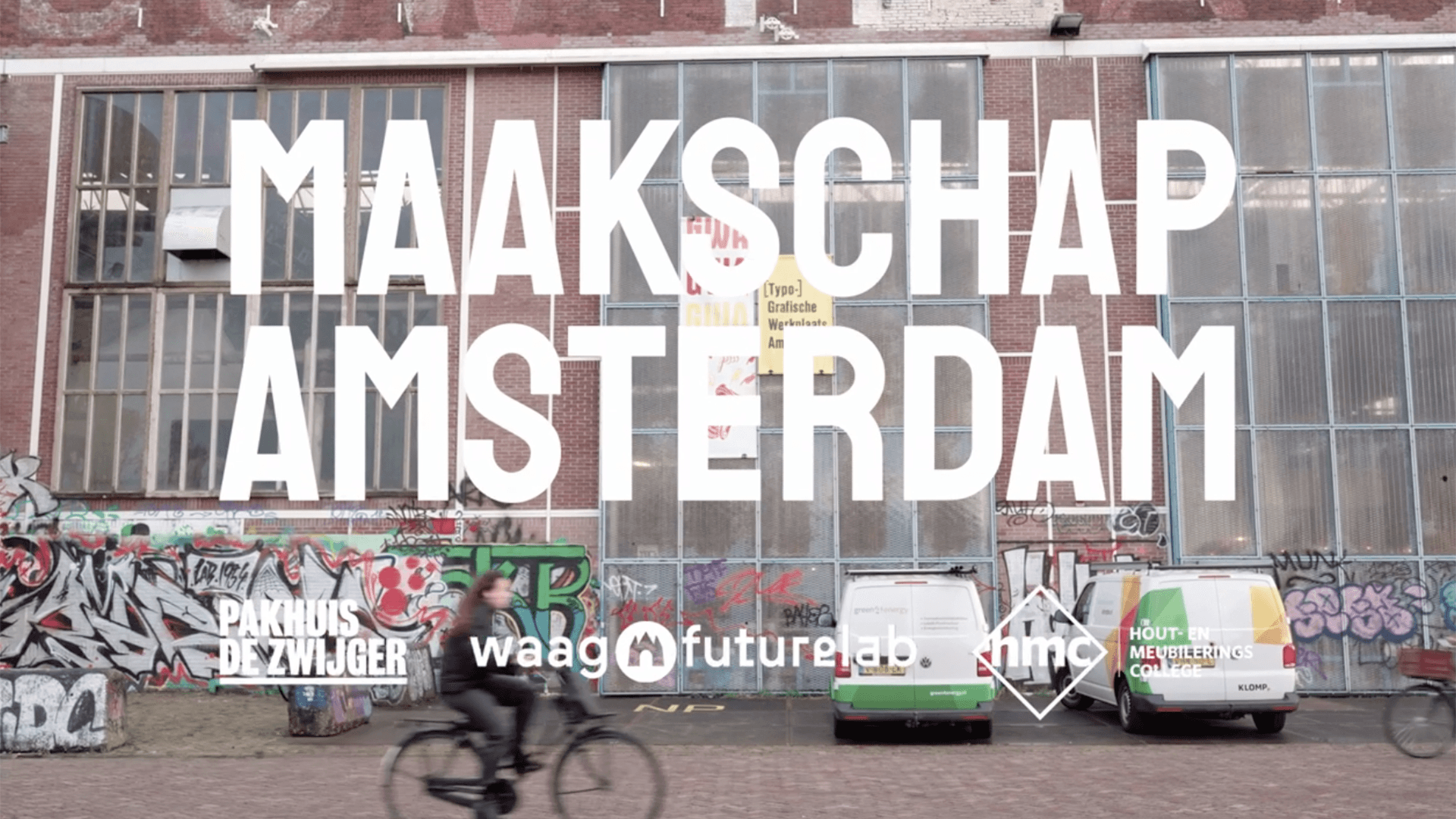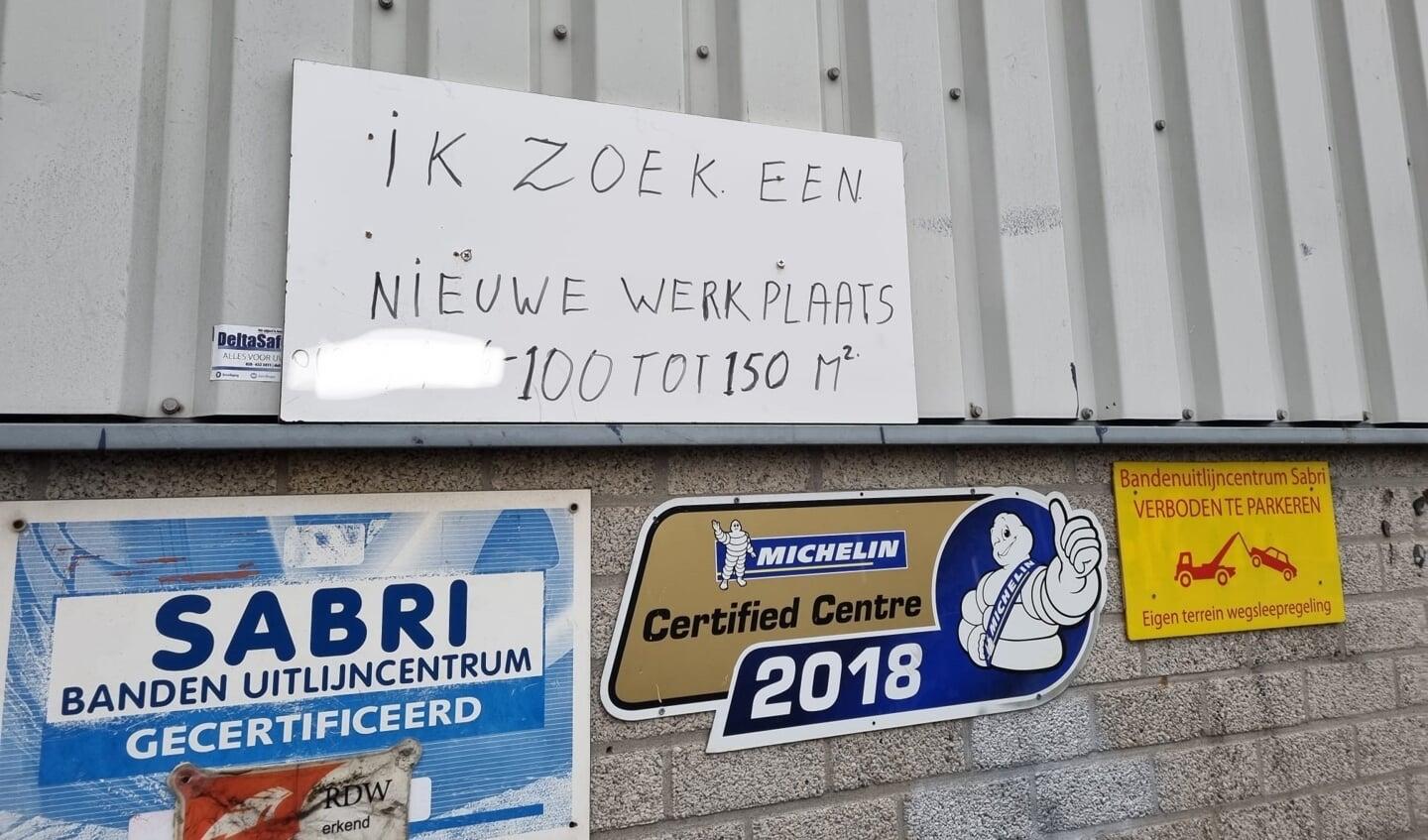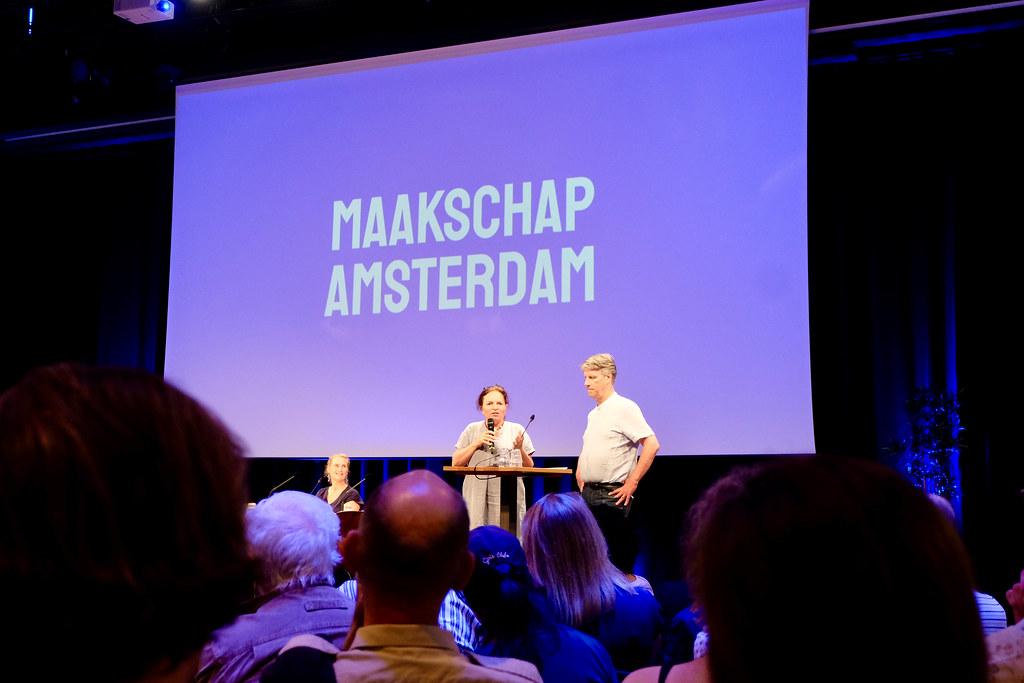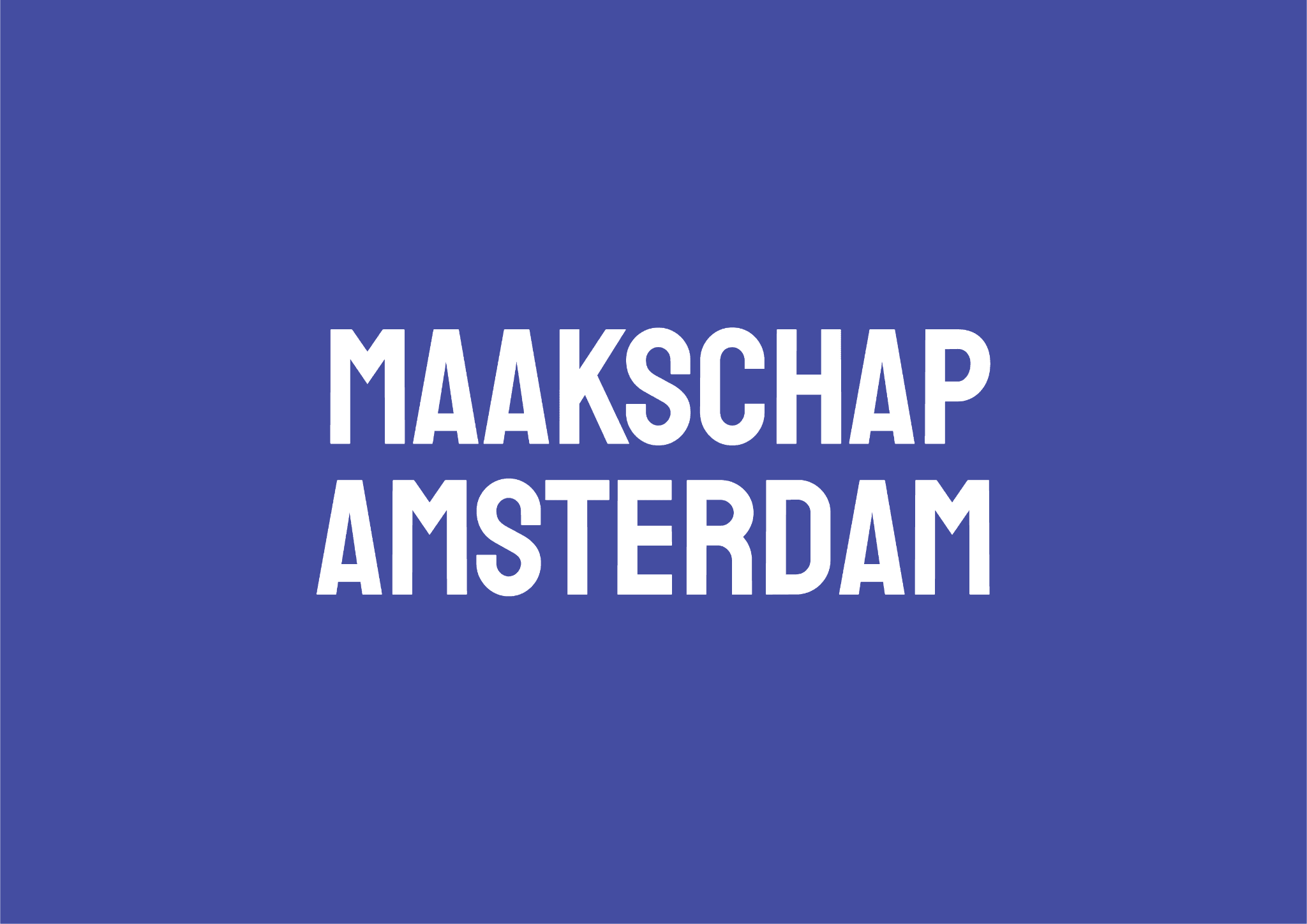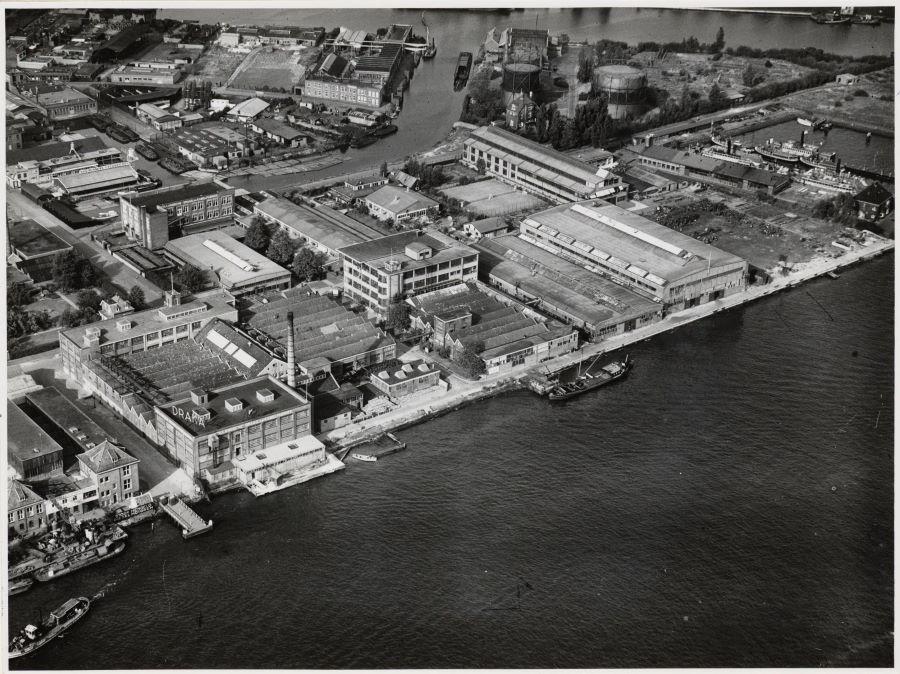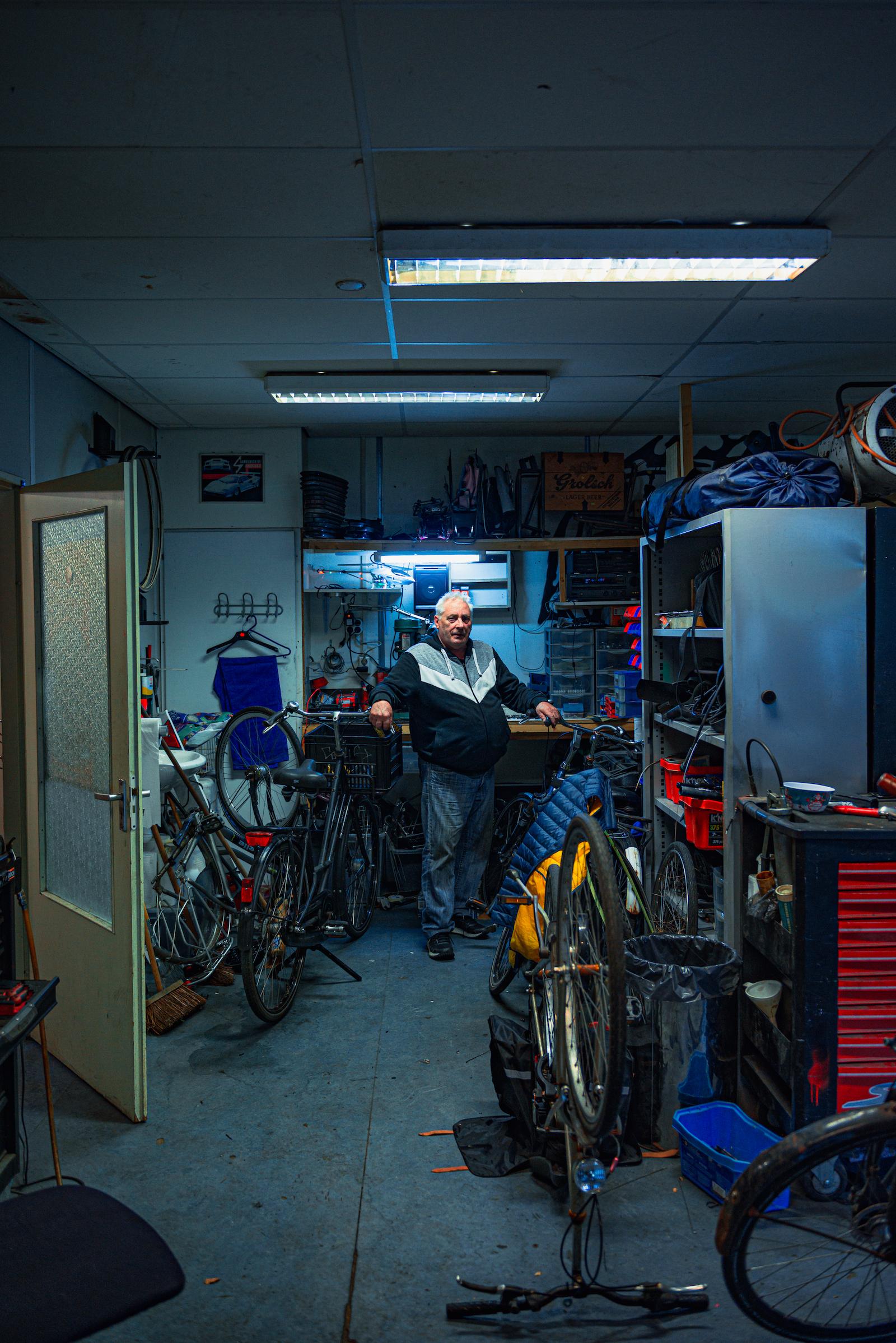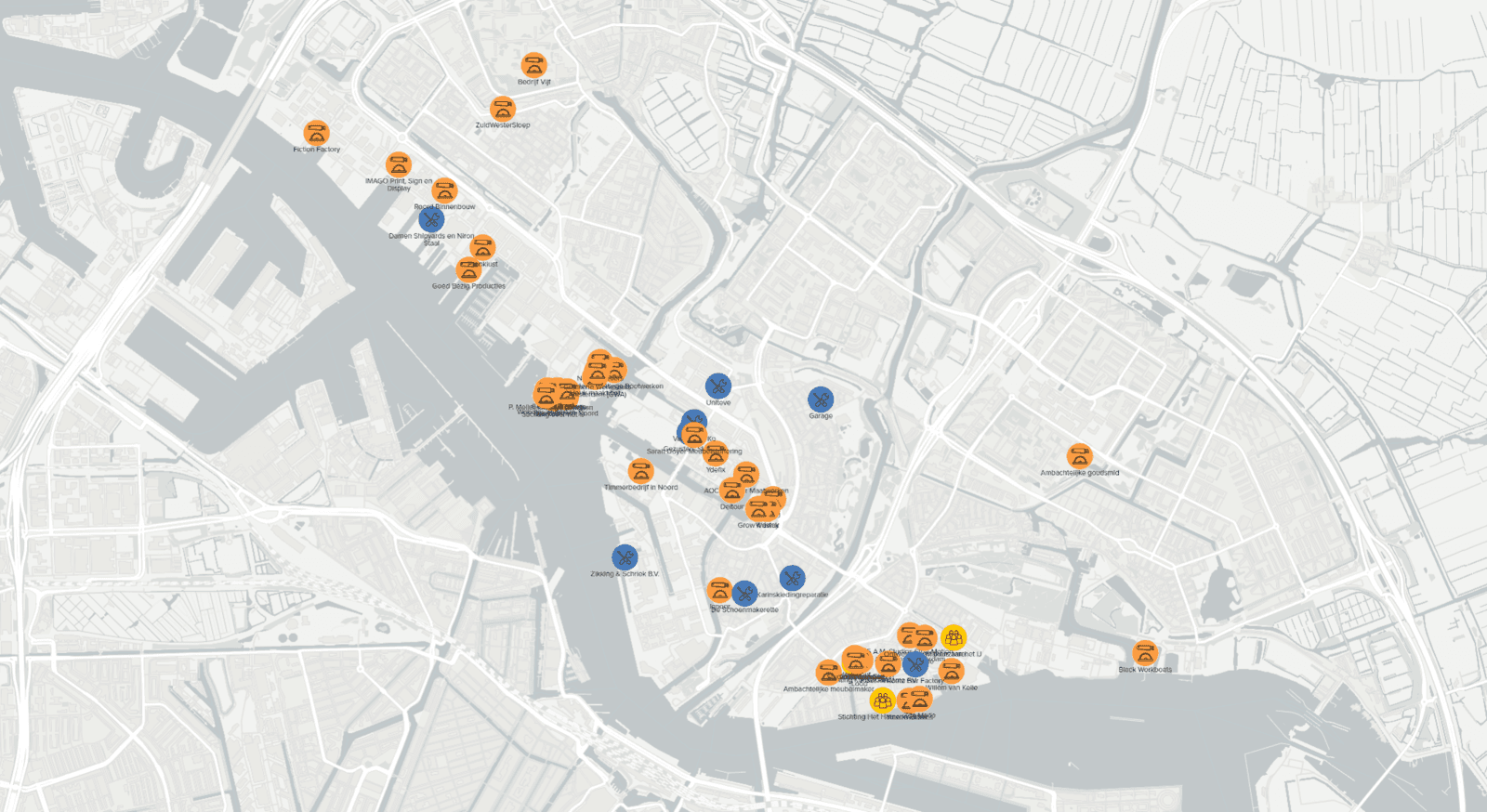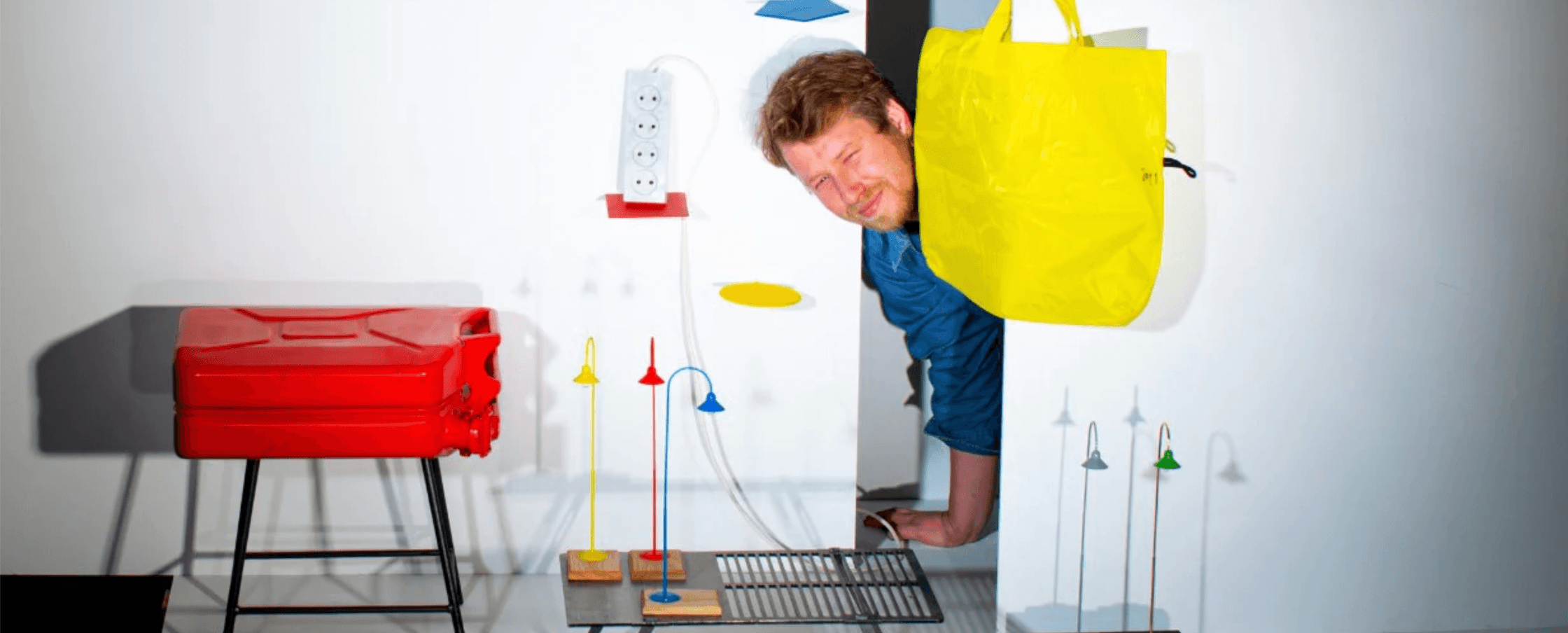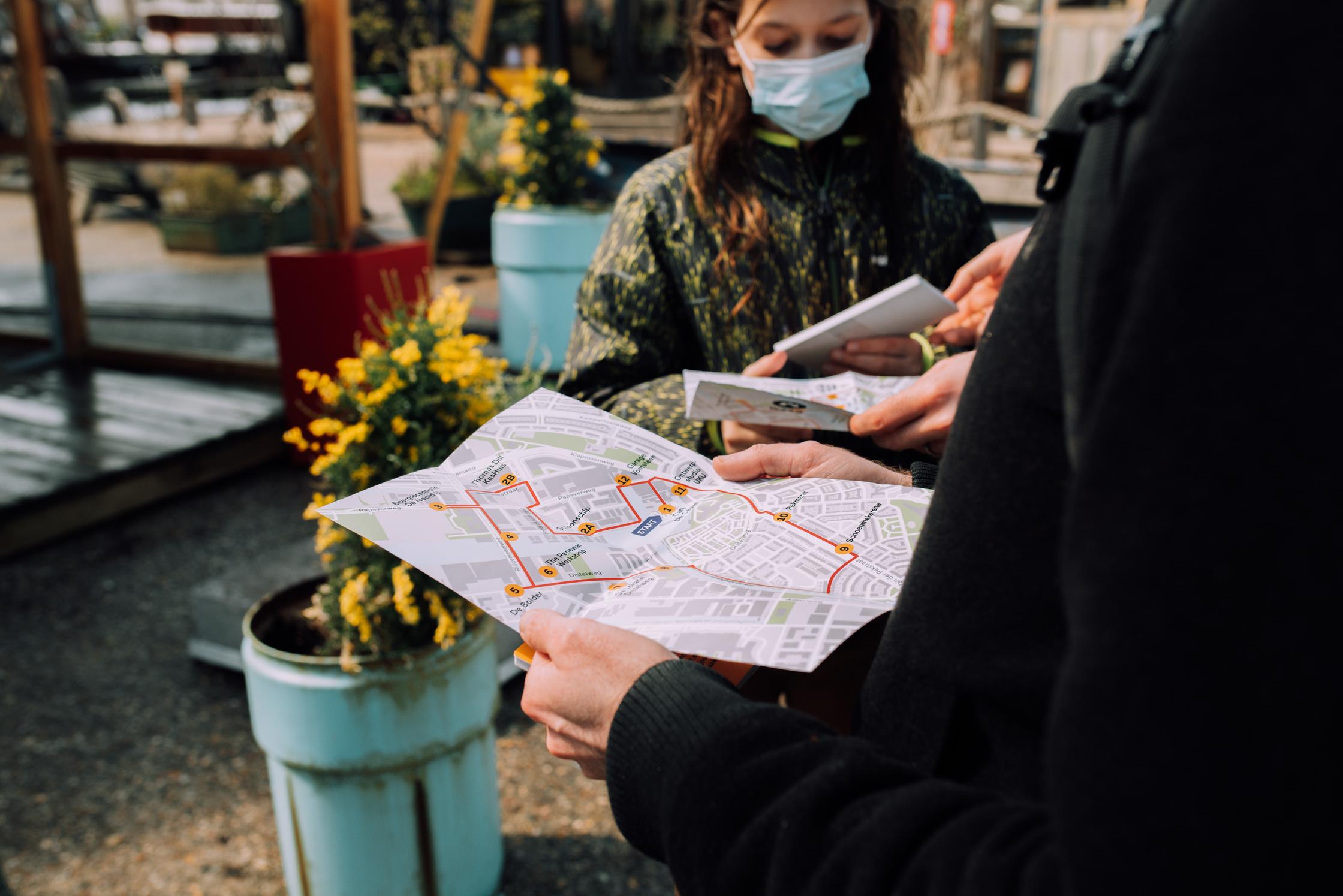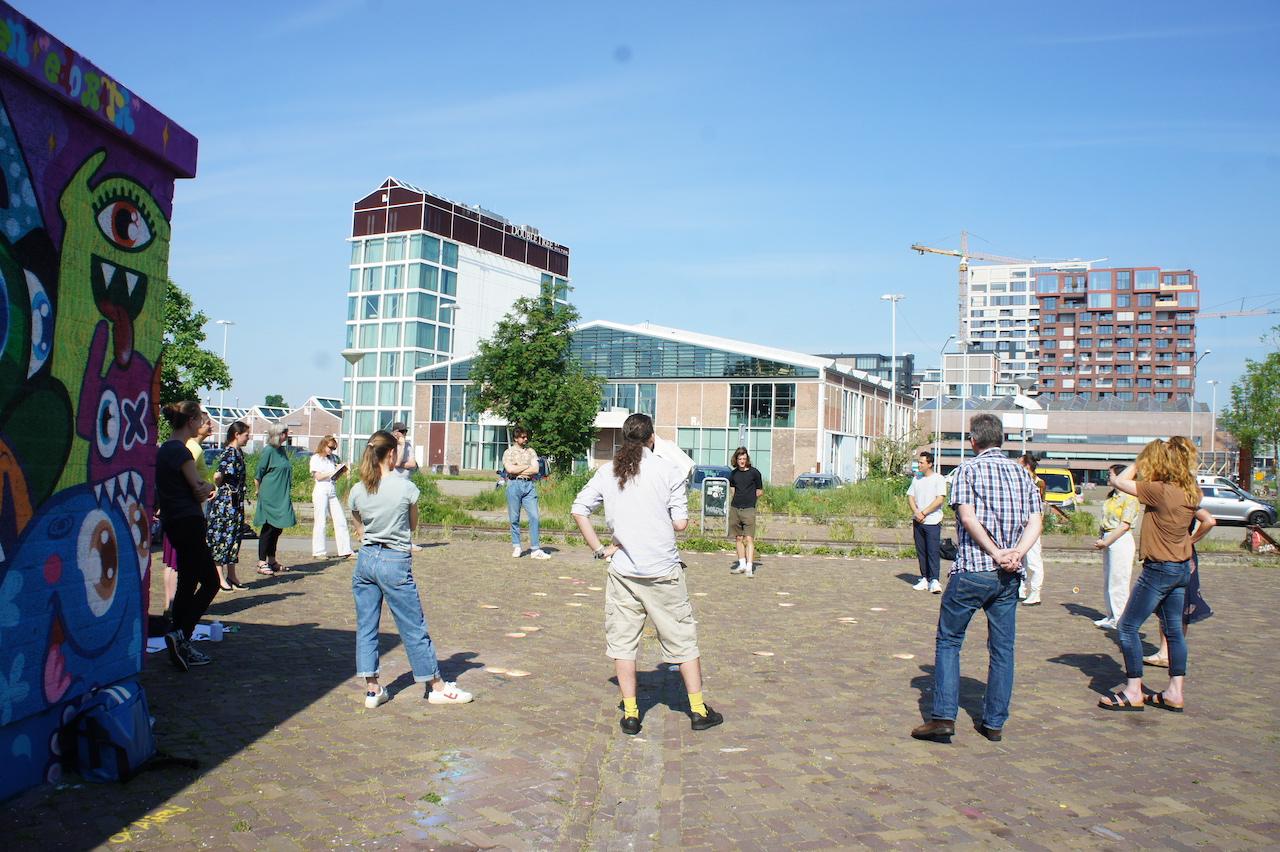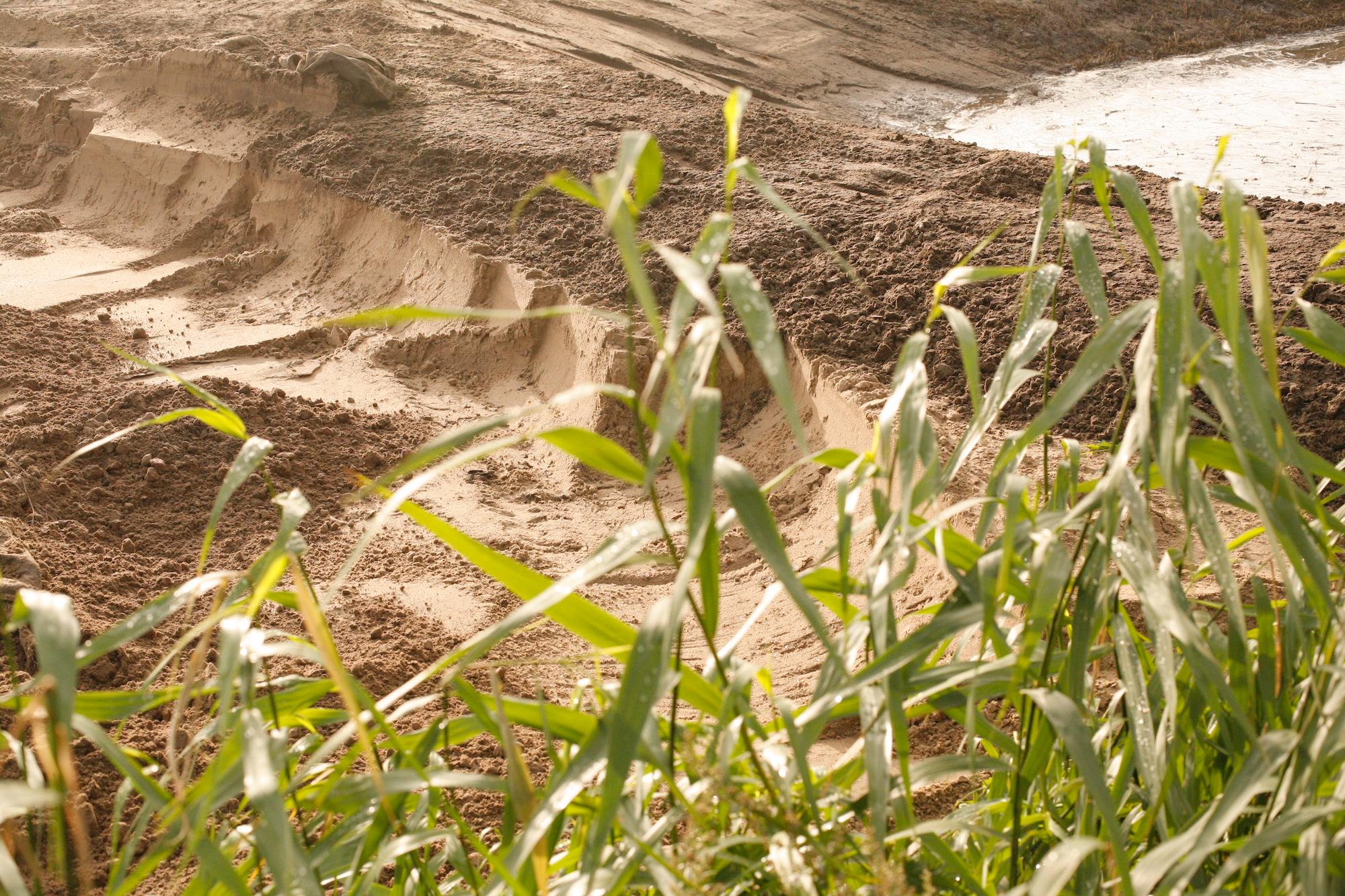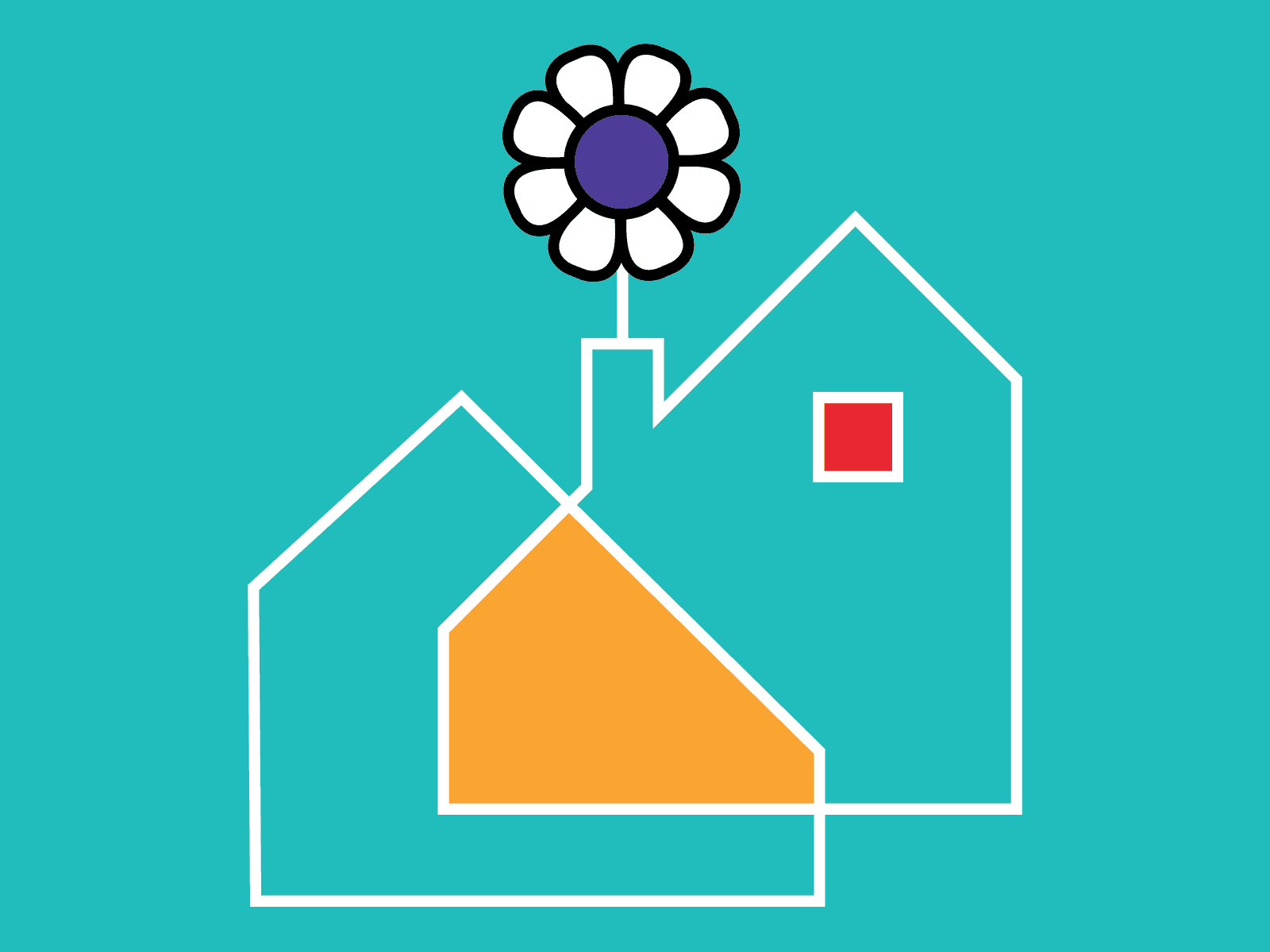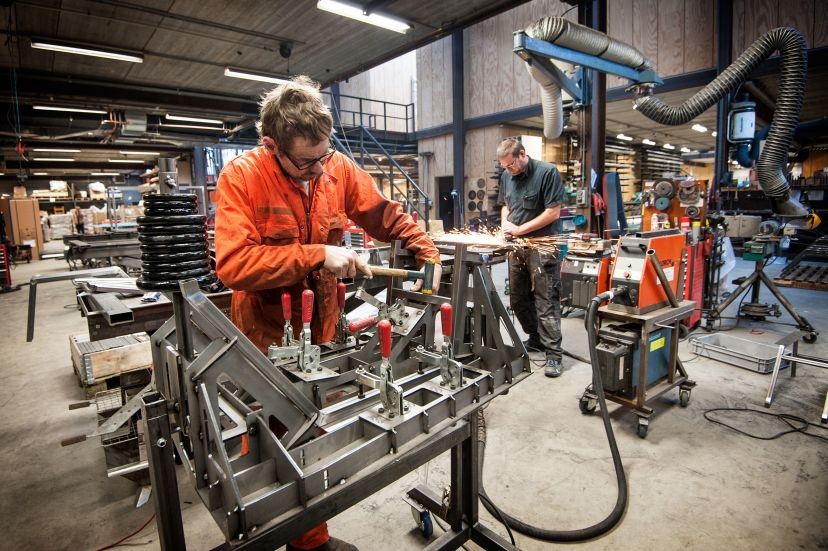
Centrinno
How can industrial heritage sites become places for inclusive, creative, and sustainable urban development? This was the central question of CENTRINNO, a European Horizon 2020 project involving nine cities, including Amsterdam. At Waag Futurelab, we joined CENTRINNO to explore how making, education, and heritage can be embedded into the future of the city, supporting both the maker community and broader social goals.
In CENTRINNO, we saw the opportunity to strengthen the role of makers and craftspeople in urban transitions. Amsterdam Noord, once an industrial hub, now faces pressures from gentrification and development. CENTRINNO aimed to offer an alternative vision: one in which local skills, cultural heritage, and ecological responsibility shape the future of cities.
We set out to investigate how a formerly industrial area like Buiksloterham, and Noord at large, can support not just economic growth, but meaningful, inclusive value creation. That means retaining space for makers, fostering accessible learning environments, and promoting circular practices.
What we did in Amsterdam
The Amsterdam pilot focused on bringing together makers, educators, policymakers, and local stakeholders. We collaborated with Hout- en Meubileringscollege, Pakhuis de Zwijger, Metabolic Institute, Imagine IC, and the Amsterdam University of the Arts.
A key outcome was the launch of Maakschap Amsterdam, a collective that supports the maker ecosystem in the city. [Through events like Open Werkplaats, public roundtables, and workshops on circular making, Maakschap created a platform for knowledge exchange and policy advocacy.] Its home base is the HMC Satellite in the NDSM-loods - an initiative of the Hout- en Meubileringscollege - where makers, students, and professionals come together to experiment, collaborate, and learn. Waag also hosted events to foster dialogue between makers and municipal policymakers, focusing on urgent topics such as affordable workspaces, sustainable production, and the future of making in Amsterdam.
What we learned
In this project, there were several key learnings.
- Bridging different worlds takes time. Makers and policymakers often share common goals, but they speak different "languages" and move at different speeds.
- Governance models are critical to the success of community platforms. We learned that sustainable community platforms require clarity about roles - and that facilitating without directing can empower a more democratic and engaged network.
- Circular making is not always the primary concern of makers. While circular making is a priority in policy and education, it's often a secondary concern for smaller makers struggling with high costs and limited space. Making sustainability more accessible is key to long-term change.
- Public events give makers a stronger voice in the urban debate. Their increased visibility led to greater involvement in local policymaking, and we saw signs that municipal awareness and action around makerspace policy is beginning to grow.
- CENTRINNO showed that places of industrial heritage do not need to just focus on the past; they can serve as a living foundation for building a more inclusive, creative, and sustainable city. For Waag, it reaffirmed the importance of co-creation, shared ownership, and local knowledge in shaping the cities of tomorrow.
The other European Centrinno pilots followed similar approaches on themes such as local food systems, textiles, fashion and furniture. They took place in Barcelona (Poblenou), Milan (ex-Ansaldo), Paris (Mouzaia, Jardin des Traverses), Copenhagen (North-west), Geneva (Zone Industrielle de Charmille), Tallinn (Kopli), Blonduos (Kvennaskólinn) and Zagreb (Sesvete).
Comune di Milano and the Institut d'arquitectura Avancada de Catalunya coordinated the full European Horizon 2020 project of Centrinno. In The Netherlands, Waag Futurelab collaborated with Pakhuis de Zwijger, the Hout- en Meubileringscollege, Metabolic Institute, sQuare, Imagine IC and the Amsterdam University of the Arts. Check out the full overview of all European partners in Centrinno.
Meta data
Project duration
Links
Team
Partners
- Pakhuis de Zwijger
- Hout- en Meubileringscollege
- Metabolic Institute
- sQuare
- Amsterdamse Hogeschool voor de Kunsten
- Imagine IC
The Centrinno project was financed by the research and innovation programme Horizon 2020 of the European Union under grant no. 869595.
